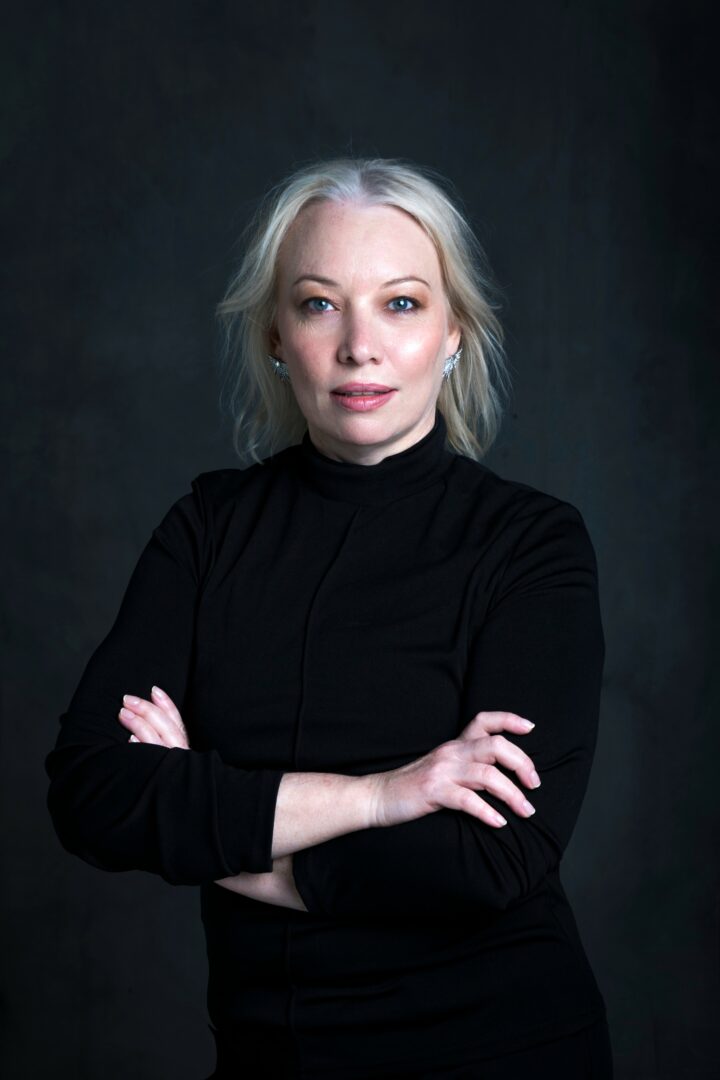We’re looking forward to introducing you to Leigh Matthews. Check out our conversation below.
Hi Leigh, thank you so much for taking time out of your busy day to share your story, experiences and insights with our readers. Let’s jump right in with an interesting one: What do you think is misunderstood about your business?
The myths about expat therapy and international mental health services could fill a book. Here are the big ones that drive me crazy.
Myth 1: Therapy is for crisis only
People think you call a therapist when your marriage is imploding or you’re having a breakdown. But our most successful expat therapy clients come to us when life is actually going pretty well. They’re saying “I’ve got a great job, I love Barcelona/Madrid/Alicante, my relationship is solid, but I know I could be operating at a higher level.”
They treat therapy like performance coaching for internationals. They want to understand their patterns before they become problems. The expat clients who wait for crisis? Progress takes three times longer because they’re in survival mode.
Myth 2: Internationals are living the dream and don’t need mental health support
This one’s dangerous for the international community. Yes, choosing to live abroad is often a privilege. But privilege doesn’t make you immune to depression or relationship issues. If anything, it makes struggling worse because you feel guilty when your expat life looks perfect from the outside.
Living internationally amplifies whatever you were already dealing with. The perfectionist expat becomes more perfectionistic. The anxious international loses their familiar coping mechanisms.
Myth 3: You can just “tough it out” as an expat
There’s this belief that if you’re brave enough to move countries, you should be tough enough to handle anything. Wrong. Moving abroad is like emotional surgery for internationals. You’ve cut yourself off from everything familiar. That takes real recovery time and mental health support.
The truth? At Therapy in Barcelona we’re not running a luxury service for people with Instagram problems. We’re filling a massive healthcare gap in international mental health for millions of expats, digital nomads, internationals or in-betweeners navigating major life transitions without proper psychological support.
Can you briefly introduce yourself and share what makes you or your brand unique?
I’m Leigh Matthews, an Australian psychologist who founded Therapy in Barcelona back in 2011. What started as a solo practice serving the English-speaking international community has grown into something much bigger than I originally imagined. We’re now a team of 15 internationals serving our international community in Barcelona and far beyond.
Here’s the thing about this foreign life: everyone assumes if you’re brave enough to move countries, you should be tough enough to handle anything that comes your way. But moving abroad doesn’t just change your address. It strips away your entire support system and forces you to rebuild your identity in a completely new context. That’s heavy psychological work, and most people try to do it alone.
I started Therapy in Barcelona because I lived this experience myself. As an Australian psychologist working as a therapist in Spain, I understood both sides of the equation. I knew what quality mental health care looked like, and I knew what it felt like to navigate a new culture while dealing with your own personal challenges.
What makes us different is that we’re not just therapists who happen to work with internationals. We’re internationals serving internationals. Our entire team understands the unique pressures of visa stress, cultural adaptation, language barriers, isolation, making new friends as an adult and that weird guilt you feel when you’re struggling in what looks like a perfect life from the outside.
We’ve expanded from that original solo practice to a group of psychology-trained therapists, all internationals themselves, offering both in-person sessions in Barcelona and online therapy worldwide. We work with individuals, couples, adolescents, and families from over 45 different countries.
Right now, I’m focused on scaling our impact beyond just one-on-one therapy. This will likely take the shape of an online therapy platform, and possibly a community for therapists, as well as an AI-based initiative. I believe it is important for therapists to get in on the AI bus now and start shaping how it evolves in relation to mental health.
My goal isn’t just to help people, both international clients and therapists, to survive living abroad, it’s to help them thrive in it.
Great, so let’s dive into your journey a bit more. What did you believe about yourself as a child that you no longer believe?
I believed I had to be the smartest person in the room to be valuable.
Growing up, I was the kid who always had her hand up, who read voraciously, who could answer any question the teacher threw out. Learning felt like my superpower. I was called the “walking dictionary.” I got praised for being bright, for having the right answers, for understanding things quickly that other kids struggled with.
But somewhere along the way, that became my identity prison. I thought my worth was tied to always knowing more, always being right, always having the solution. It was exhausting.
The belief started cracking when I moved to Spain. Suddenly I was the person who couldn’t figure out basic things like opening a bank account or understanding why the pharmacist was shaking her head at me. I remember standing in a government office, feeling completely lost because I couldn’t navigate a simple bureaucratic process. All my ideas about what my self worth was predicated on crumbled.
Living abroad is basically voluntary ego death. You go from being articulate and competent in your home country to stumbling through conversations like a toddler. Despite the complexity or eloquence of your thoughts, language barriers impede your ability to express them beyond the limits of the vocabulary of a five-year-old. That language barrier strips away all your sophisticated ways of being impressive. You’re constantly learning the most basic things. How to order coffee properly. What that hand gesture means. Why everyone’s staring when you think you’re being polite. It’s humbling in the most necessary way.
This experience of living abroad, of being an immigrant, has taught me that having an accent and struggling to communicate does not mean someone is stupid. In fact, intelligence isn’t about having all the answer or communicating perfectly. Intelligence is about curiosity, adaptability, and the wisdom to know what you don’t know (and be OK with not knowing everything). Immigrants are amazing people!
Now I see that my love of learning was never supposed to be about proving I was smart. It was about staying curious about the world and the people in it. The moment I stopped needing to be the expert in every room or to be considered intelligent was the moment I became actually useful to others.
This holds true in the therapy room or leading my team: my clients and team don’t need me to have all the answers. They need me to be non-judgmental, emotionally safe, to ask better questions, to reflect patterns they can’t see yet, and to hold space for them to find their own solutions.
That childhood belief served me for a while, but it had to die for me to become the person I am continually growing in to today and it is liberating!
If you could say one kind thing to your younger self, what would it be?
I would talk to my 35-year-old self who was just one year into living in Barcelona. Here’s what I’d say (and it’s the same thing I’d say to so many internationals beginning this journey of living abroad):
Hey there, I need you to stop being so cruel to yourself.
I know you’re standing in that Barcelona apartment feeling like you’re failing at everything. You can’t figure out how to get the wifi connected, you’re exhausted from translating every conversation in your head, and you feel guilty for missing home when everyone back in Australia thinks you’re living some glamorous European dream.
That voice in your head telling you that you should be grateful, that you should adapt faster, that other internationals seem to handle this better? That voice is lying. It’s not your ally. It’s creating more suffering on top of an already overwhelming situation.
Listen to me: you just had a baby, got married, and moved 16,992 km kilometres, 8 time zones away from everything you’ve ever known. Even the moon and stars are upside down and the water drains in a different direction! You are trying to navigate some of life’s top stressors, and you’re dealing with all of them while building a business in English and raising your son in English too. You’re juggling so much while still trying to learn not one, but two new languages around everything else.
You’re doing the best you can with what you have. Stop expecting yourself to be superhuman or more actualised than you are at this moment in your life. You will grow, just give it time.
That homesickness you feel? It’s not weakness or ingratitude. It’s love for the places and people that shaped you. You will never not miss Australia or your closest friends and family. But here’s what I know that you don’t yet: you will miss them AND love your life here. You will become surprisingly comfortable living in the in-between; holding seemingly incompatible feelings together all at once, everyday.
Those traditions and languages that feel foreign now? You’re going to weave them together with yours until they become “ours.” Those languages you’re still working on? You’ll keep trying, keep improving, celebrating the small wins and accepting that fluency looks different when you’re living your life primarily in English but wanting to connect deeper with this place.
One day, you’ll see Barcelona from an airplane window flying home from summer vacation, and instead of anxiety, you’ll feel the relief, peace and exhilaration of truly arriving Home. You’ll apply for citizenship because you know this is where you want to be decades into the future.
Be patient with yourself. You’re not failing. You’re becoming. I’m so proud of you! Lean into the messy complexity of it all, ditch the perfectionism, douse yourself in buckets of self-compassion AND soak in the joy and exhilaration of newness and challenges. Keep going and keep growing!
Next, maybe we can discuss some of your foundational philosophies and views? What are the biggest lies your industry tells itself?
One of the biggest lies is that therapy is only for the broken.
It isn’t. Therapy is maintenance, not just crisis care. Many people come not because something is wrong, but because something is incoherent. Yet the industry still markets to pathology instead of possibility.
Some components of the industry lie to themselves that therapy is just talking.
It isn’t. Real therapy involves relational co-regulation, nervous system safety, psychological tools and the courage to challenge, not just listen. This is important to clarify now more than ever with the emergence of AI as mental health support. AI can soothe and agree, but it cannot offer compassion and co-regulation, nuanced and challenging reflections, tools, or accountability the way a skilled human can.
Another lie is that therapy is neutral.
As if emotions exist outside politics, immigration systems, burnout culture or racism. They don’t. Claiming neutrality is still political and usually comes from those least affected by the systems shaping people’s pain.
We also lie about how evolved we are supposed to be as therapists.
There is a myth that being a good therapist means being a fully actualised or healed human. The truth is more complex. As a leader, I have worked with brilliant therapists who are personally chaotic or emotionally difficult, and yet extremely effective with clients. Clinical skill and personal tidiness are not the same thing; and we need to be more honest about that. Therapists are humans too- that’s our superpower and the source of the compassion and empathy we bring to our human clients.
We pretend that qualifications guarantee competence.
They don’t. You can have all the certificates in the world and still lack emotional maturity, cultural humility, ethics, discomfort tolerance or a disciplined supervision practice. Training is not the whole measure of safety.
There is also a lie and an outdated regulation that it is unethical to ask for reviews.
It can be unethical at certain moments. But to never invite client feedback because of our fear is not protection, it is avoidance. Keeping therapy in the shadows fuels stigma at a time when people are more likely to turn to AI simply because they do not know who to trust. Clients have the right to share their experience of therapy if they wish and that does not mean the confidentiality and privacy of their sessions is broken.
And finally, we tell ourselves that therapy sits outside of business and money.
That valuing our services is somehow in conflict with compassion. It isn’t. The real harm comes from pretending we are not in business. That avoidance leads to poor boundaries, burnout, undercharging, failure to respect our own time and deep investment in our training and then blaming capitalism instead of learning ethical, sustainable design.
Lastly, that therapy has to be time limited. It can be but, since humans are always learning, always encountering stressors and suffering in life, always evolving, there’s a real place for a therapist in your life in the same way as you have a hairdresser! The therapeutic relationship is a human growth space and it’s seriously hard to find the same quality of care and non judgment along with essential emotional survival skills in other relationships.
Okay, so let’s keep going with one more question that means a lot to us: If you retired tomorrow, what would your customers miss most?
If I retired tomorrow, Therapy in Barcelona would not simply “close.” A pillar of care for internationals seeking therapy across Spain and Europe would disappear.
Since 2011, we have built something most people don’t even realise is rare: a stable, multicultural, ethical, culturally fluent, whole hearted, authentic therapy ecosystem designed specifically for people, both clients and therapists, living between countries, languages and identities.
We are not just another therapist directory or nomadic coaching service. Therapy in Barcelona has become a trusted, stable, culturally fluent mental health home for people living abroad, a touchstone, a place internationals know will not disappear overnight, will not experiment on them, and will actually understand the complexity of living between worlds.
Without us, many would be pushed back into:
→ solo therapists working without real supervision or accountability
→ nomadic coaches with no clinical training or ethical regulation
→ big-box therapy platforms that treat internationals like domestic clients
→ AI-driven solutions that offer convenience but not true relational safety
→ local clinics offering therapy in the local languages with practitioners who lack cultural attunement and relational safety
Therapy in Barcelona, providing therapy in Europe and therapy in Spain, has become infrastructure, not a trend. A solid, consistent source of ethical, research-informed, culturally precise therapy delivered by multilingual psychologists who genuinely understand relocation, identity loss, burnout, international relationships and Third Culture experiences.
We are not perfect, but we are deeply responsible. We train, we supervise, we check ourselves, and we hold relational continuity as sacred.
If Therapy in Barcelona were gone, internationals would lose one of the few safe, high-standard, rigorous therapy ecosystems built for them specifically.
They would not just lose a service. They would lose the one place where they are fully understood without translation.
If I retired tomorrow, internationals would lose not just a therapy service, but one of the most steady, welcoming homes built entirely for their lived reality and care. That’s why I’ll be here, continuing with this mission year on year!
Contact Info:
- Website: https://www.therapyinbarcelona.com
- Instagram: https://www.instagram.com/therapyinbcn/?hl=es
- Linkedin: https://www.linkedin.com/in/leigh-matthews-8a9877b0/
- Youtube: https://www.youtube.com/channel/UCvvUvpUP8ueXqg-qSsk9yMg
- Other: Newsletter Sign-up: https://www.therapyinbarcelona.com/hacks-for-living-abroad/
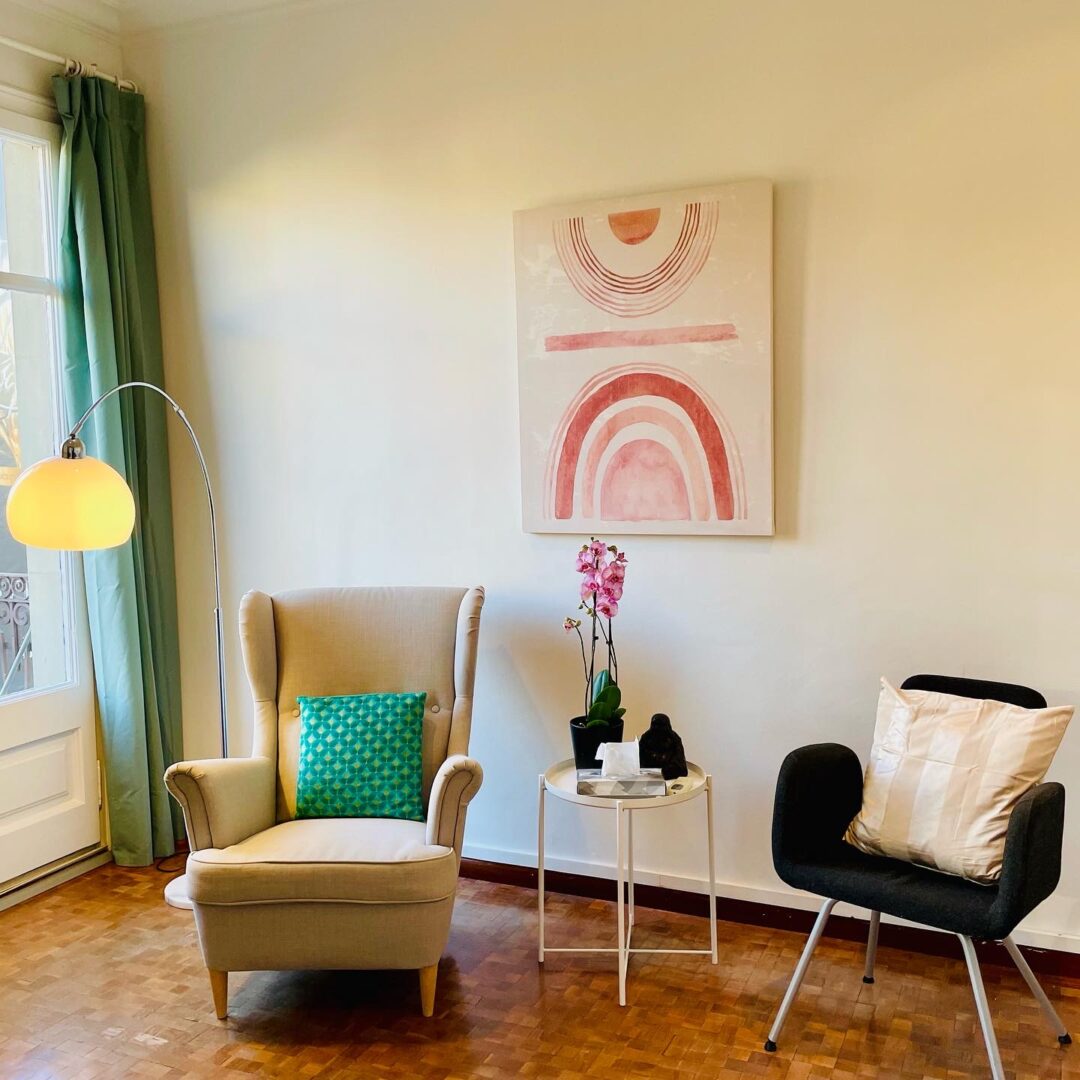
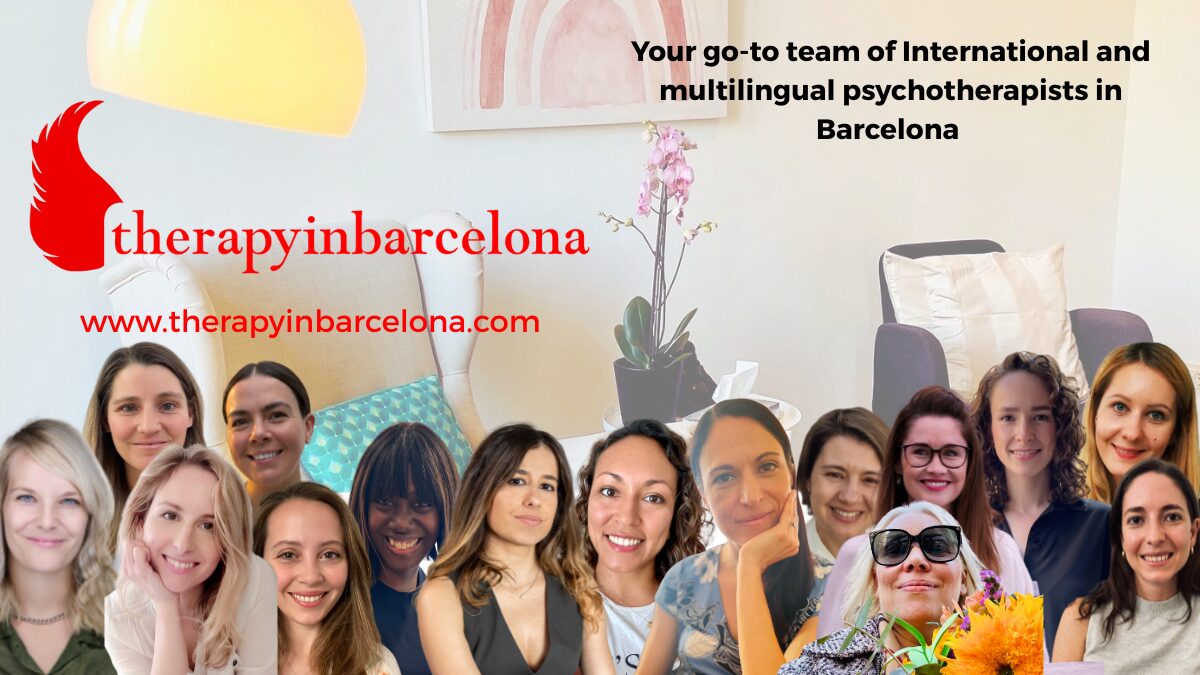
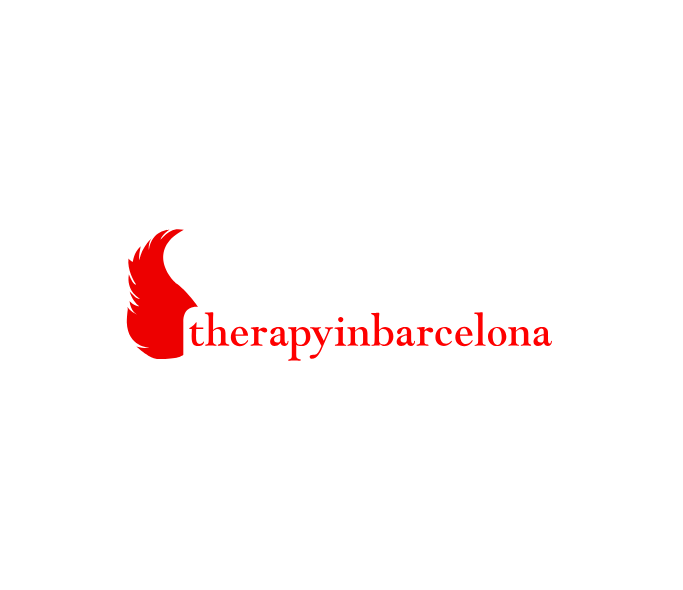
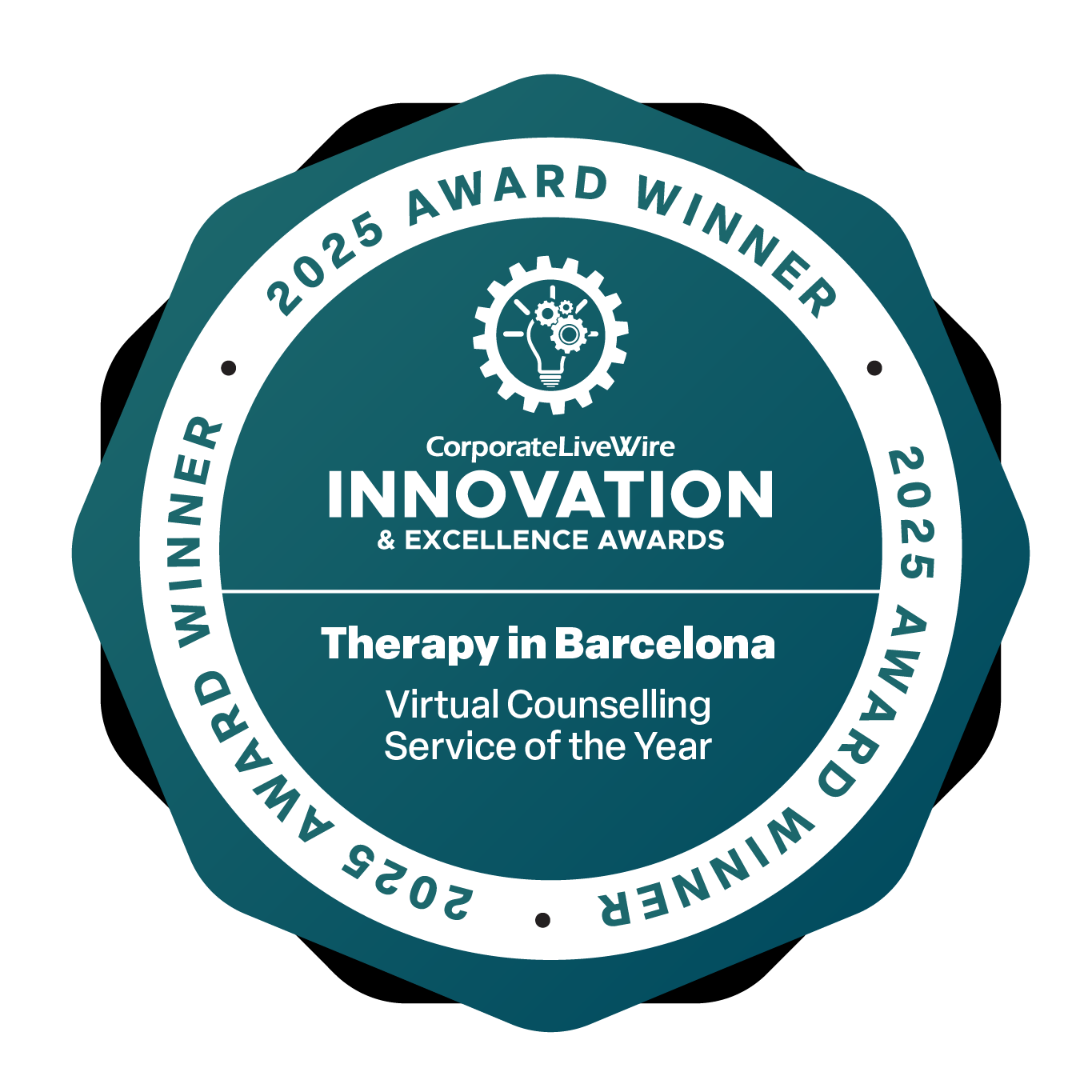
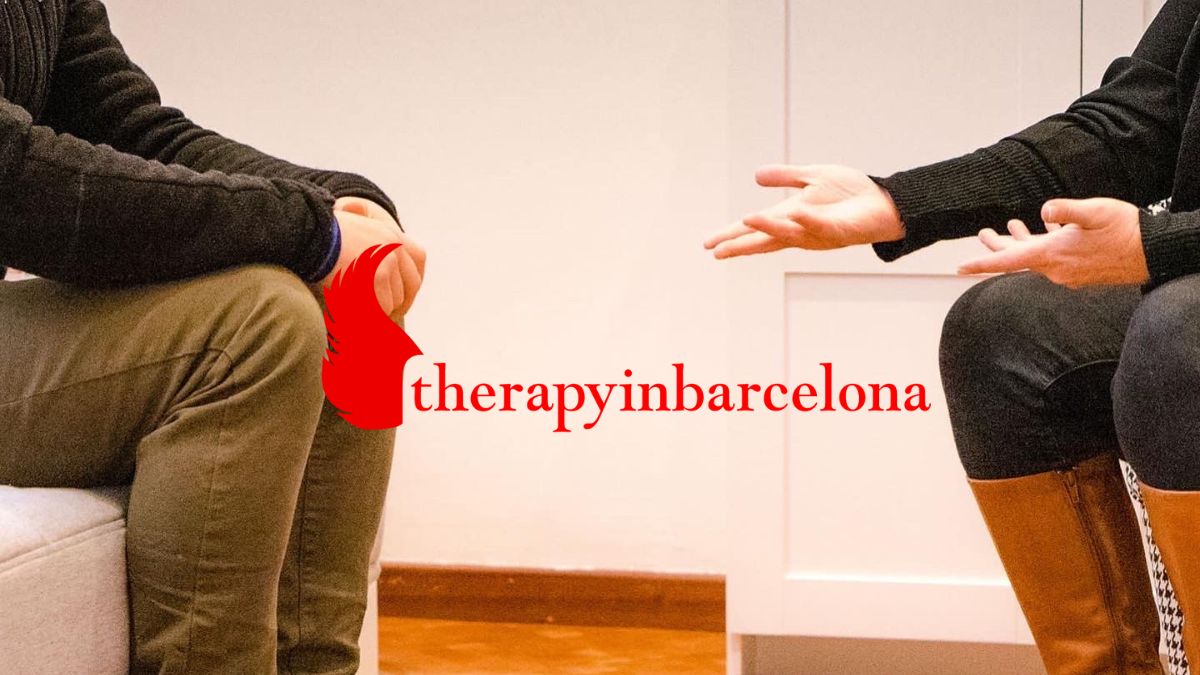
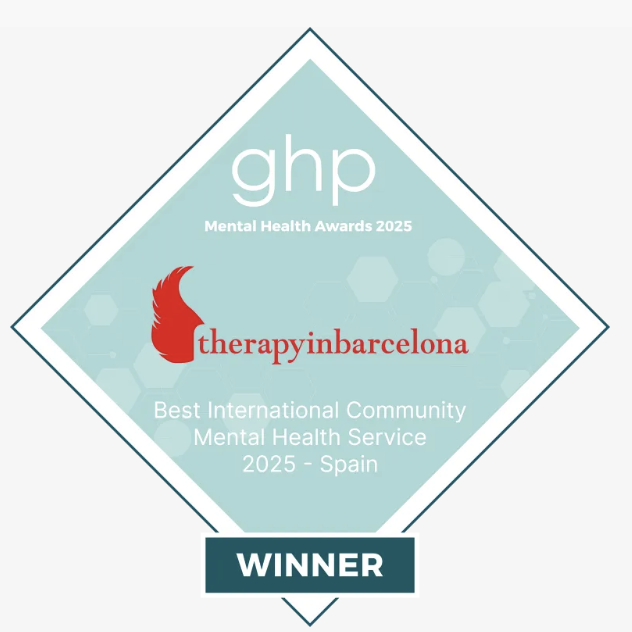
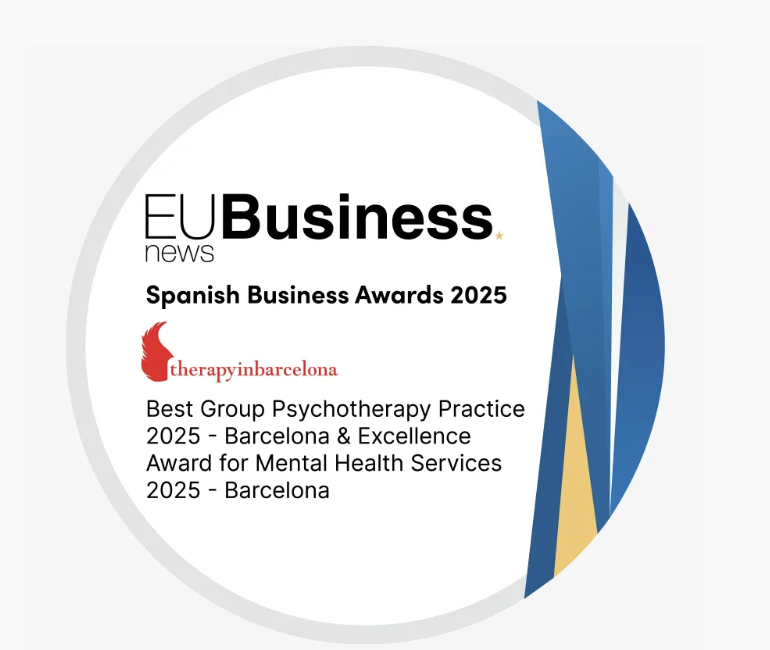
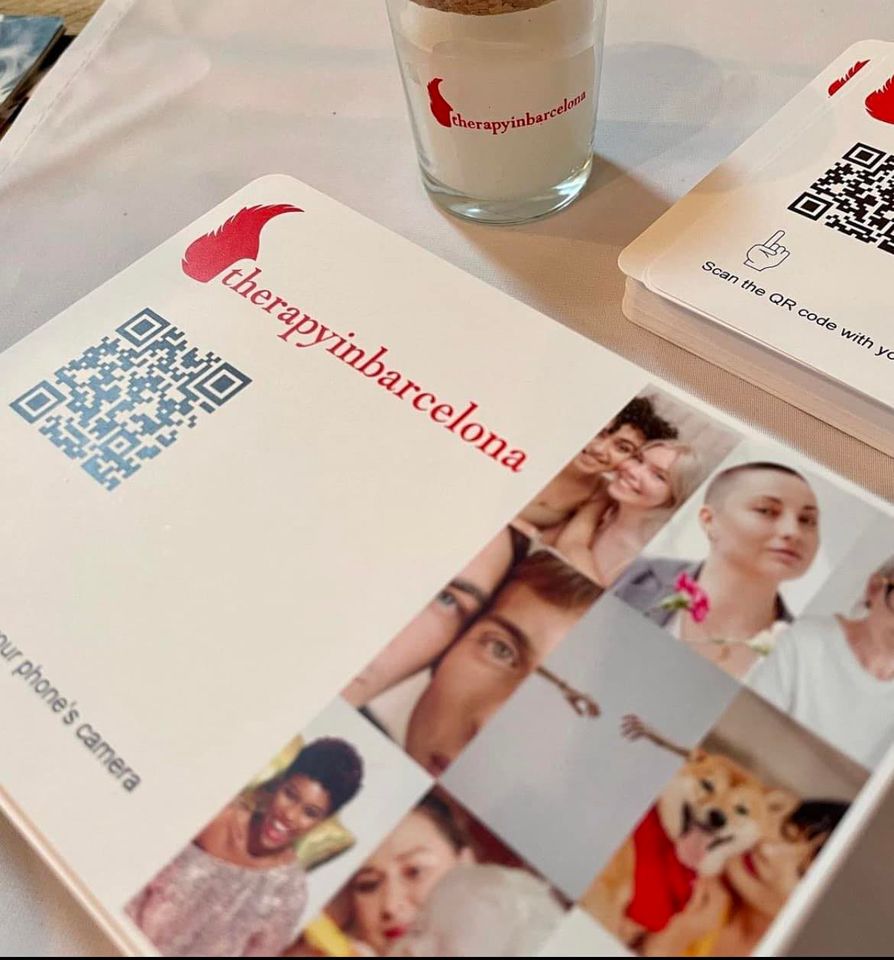
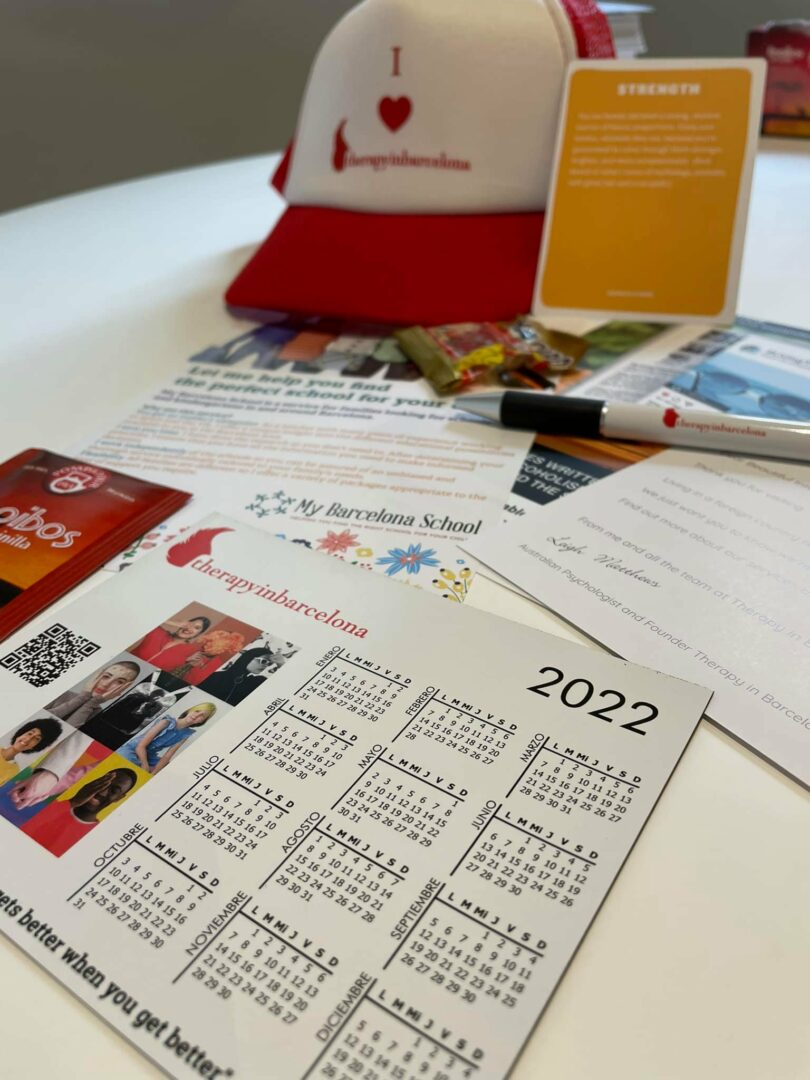
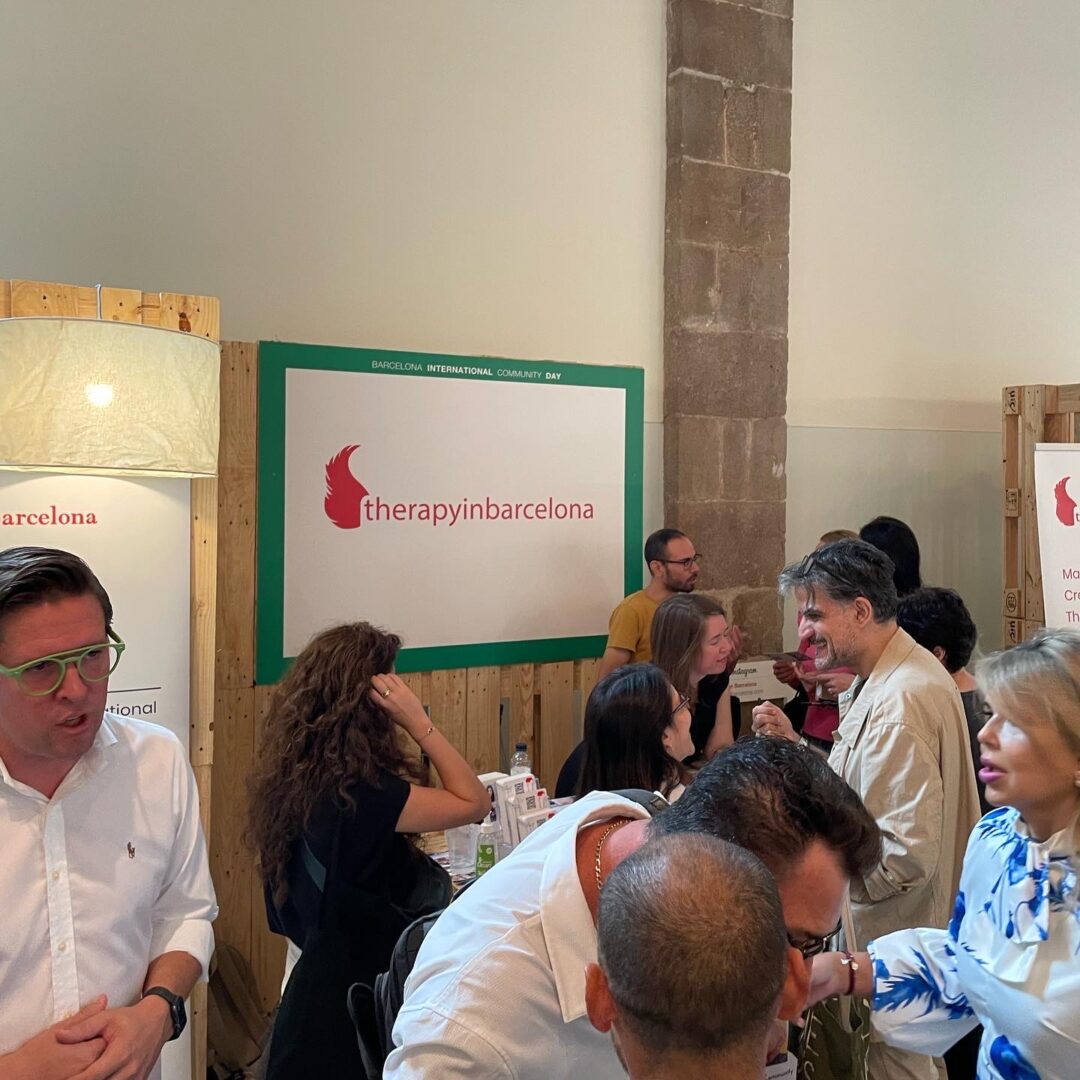
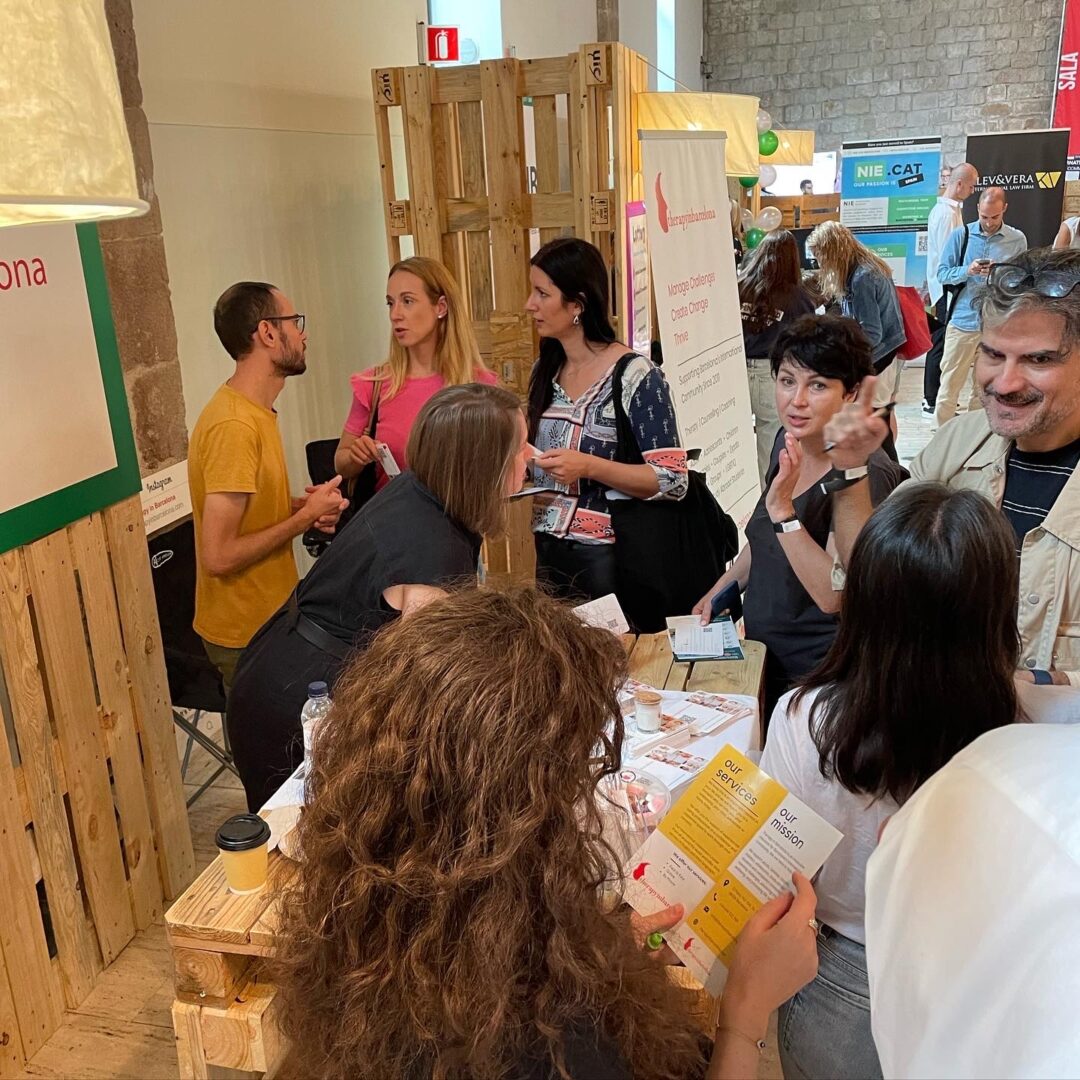
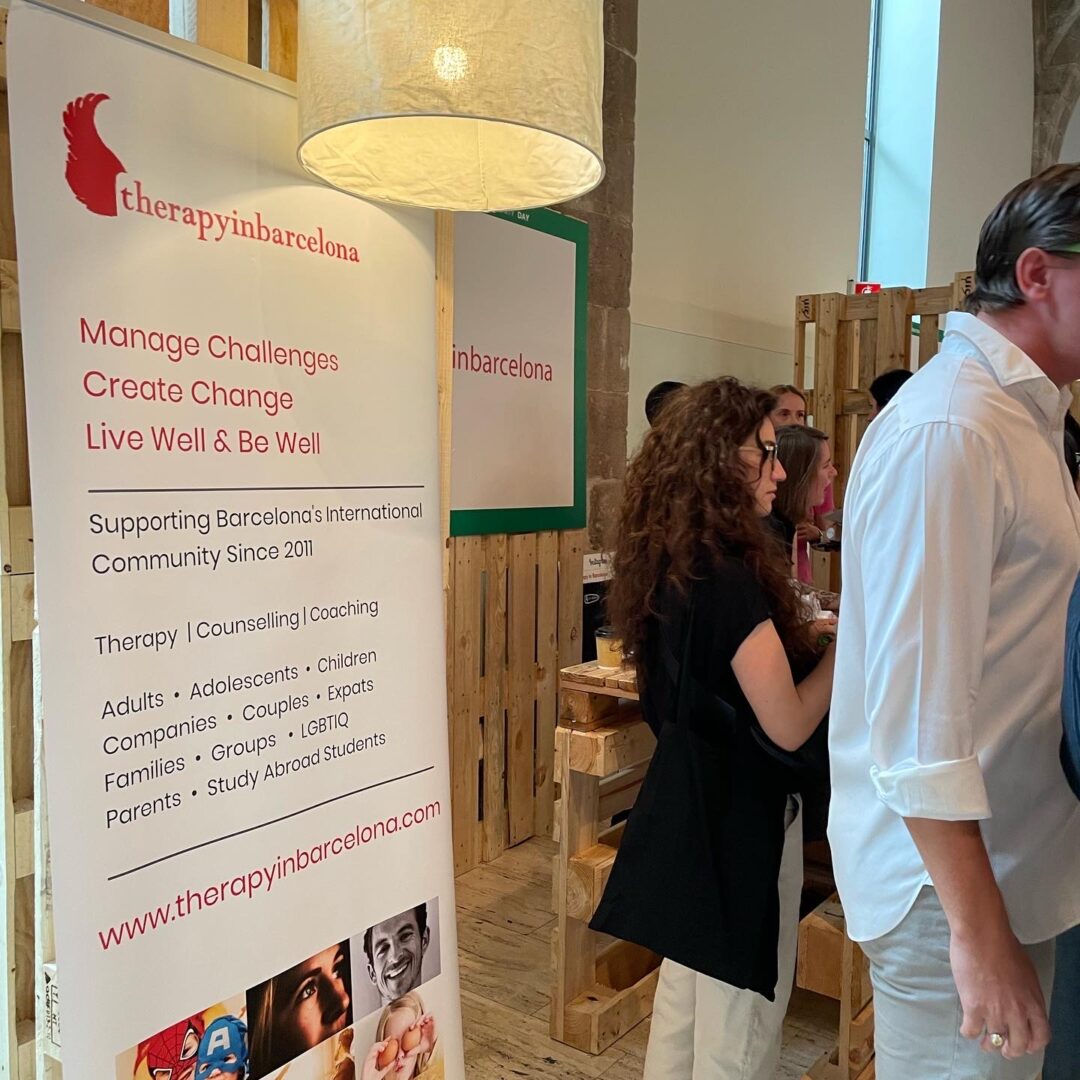
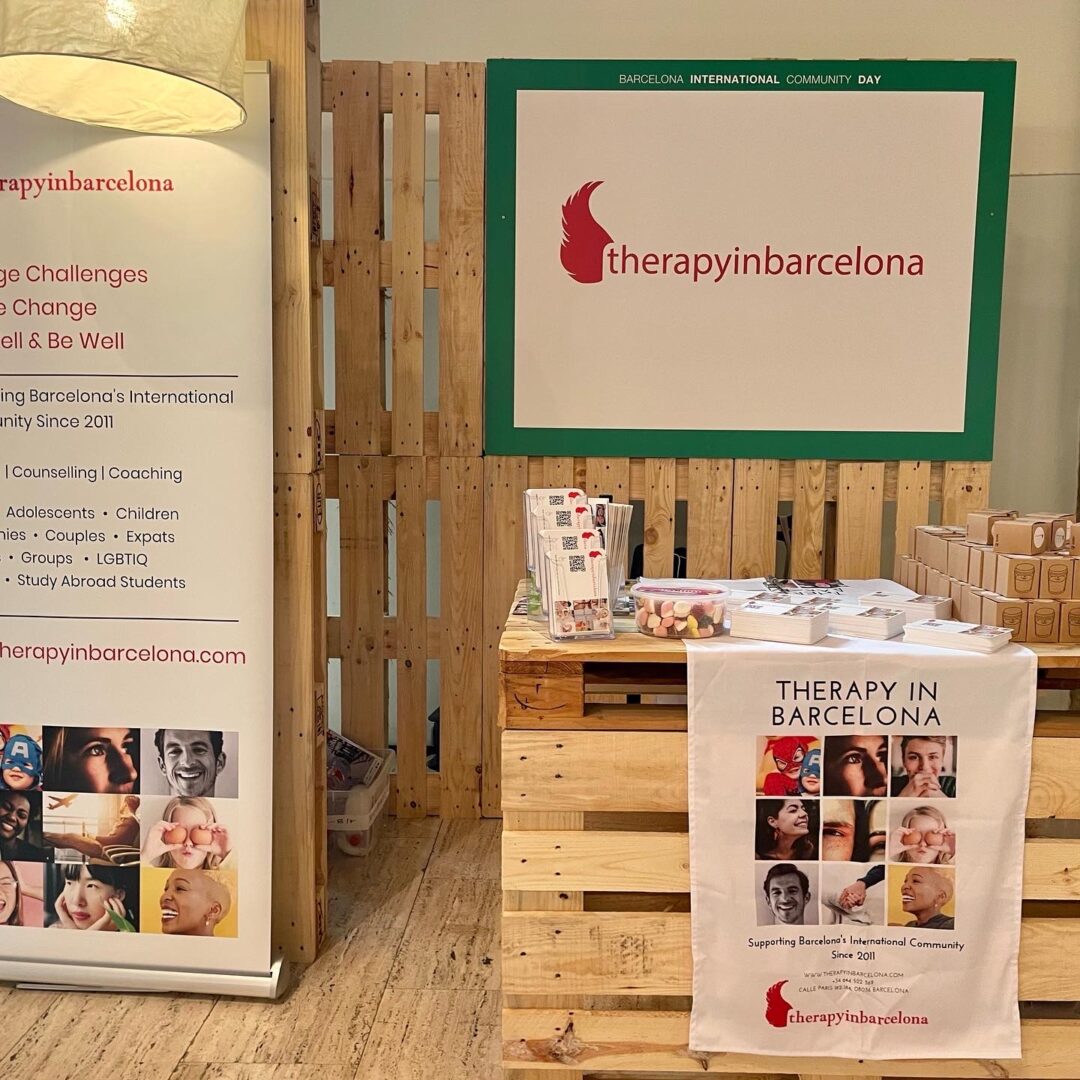
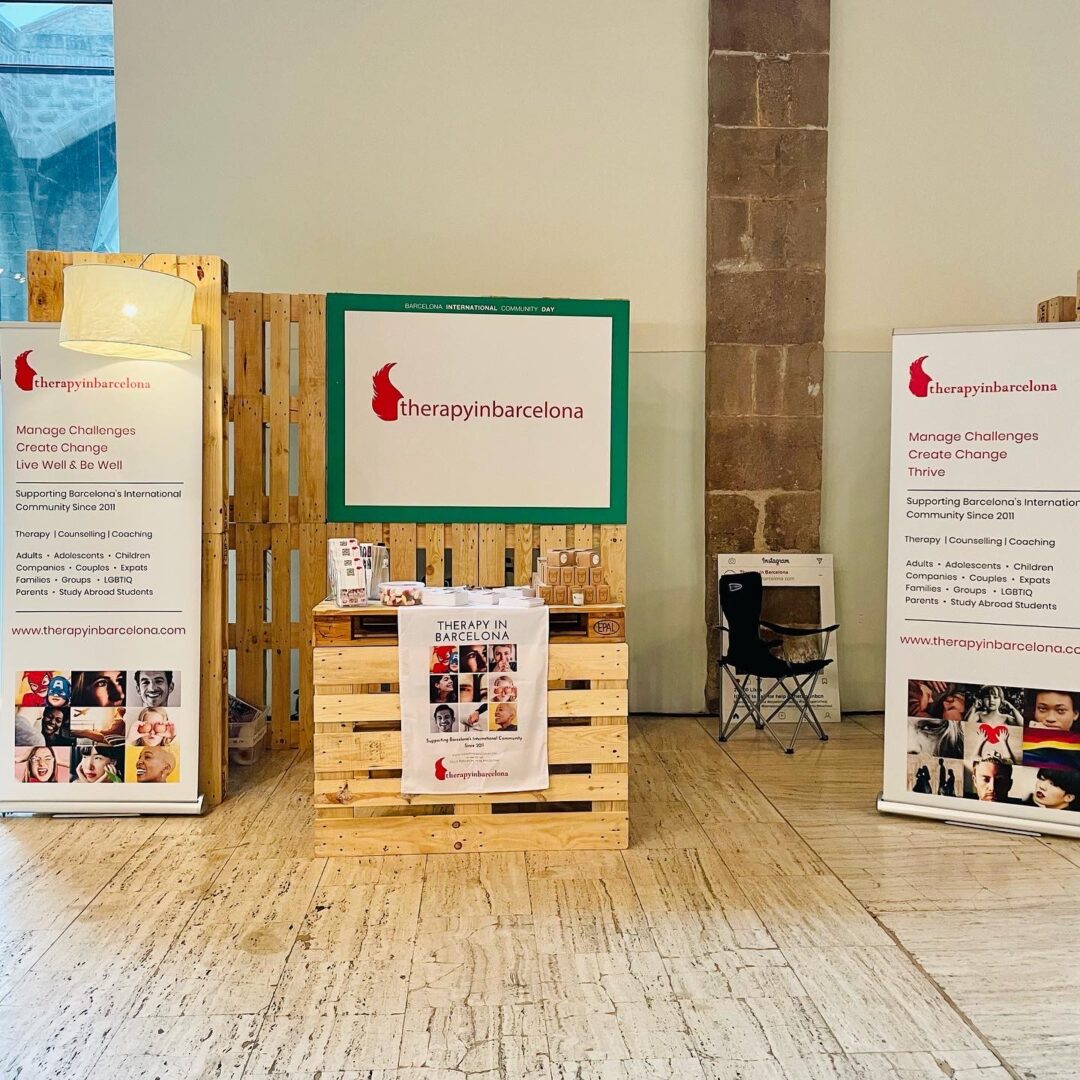
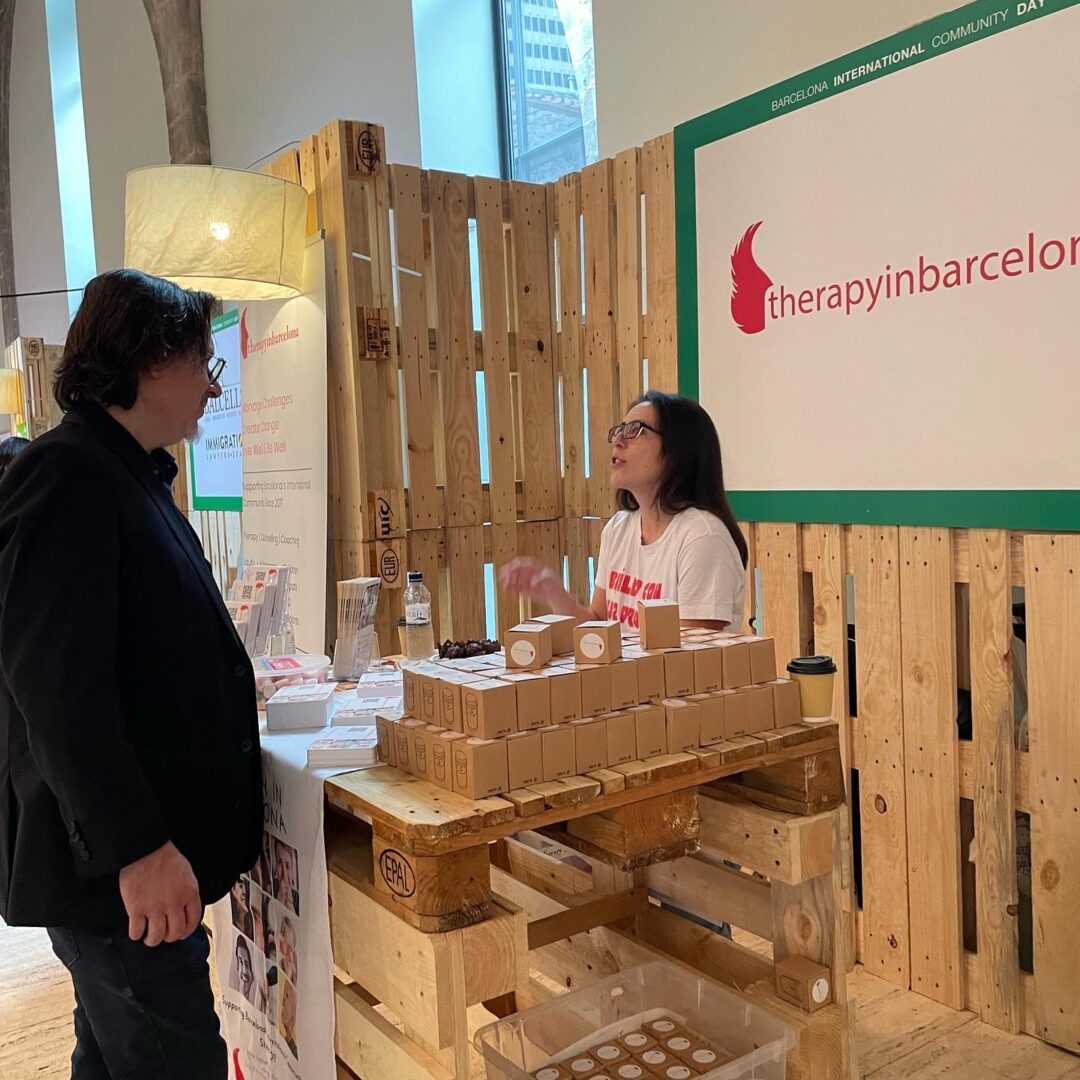
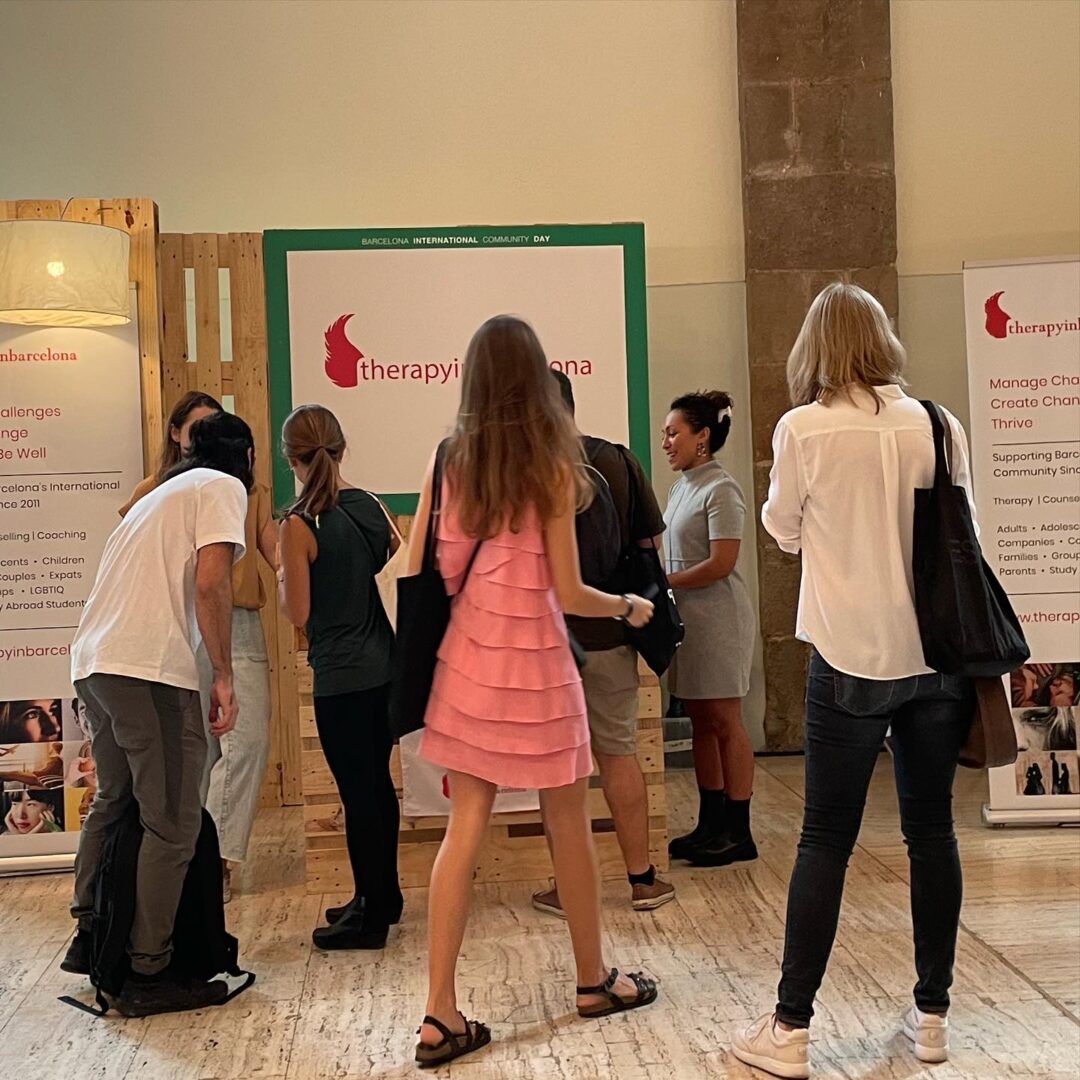
so if you or someone you know deserves recognition please let us know here.

